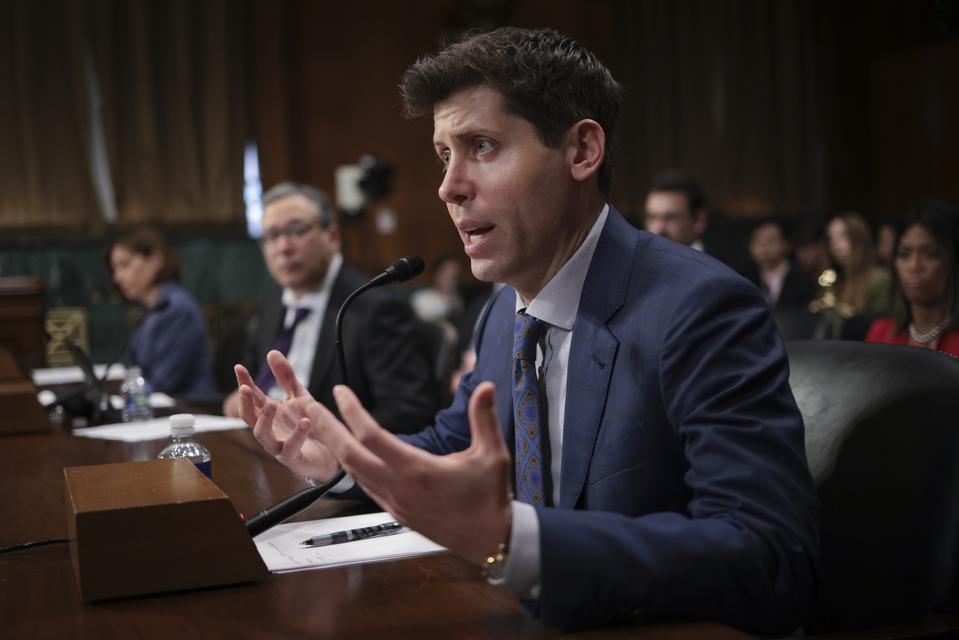OpenAI is facing an unfolding crisis that few companies and organizations have had to manage.
“The abrupt ouster of Sam Altman as chief executive of OpenAI on Friday has scrambled the industry, with investors, executives and others getting to grips with a head-spinning series of twists that reshuffled the major players at the forefront of one the hottest areas in technology,” the New York Times reported.
The unique nature of the situation poses challenging questions for boards of directors around the world on how they would respond to similar worst-case scenarios that become nightmare realities.
‘A Full-Blown Crisis’
With “Hundreds of employees threatening to quit OpenAI over the sudden firing of CEO Sam Altman, [the company] is a full-blown crisis. It can’t come at a worse time as AI is now taking root in the business landscape,” Baruch Labunski, a crisis management expert and CEO of Rank Secure, said via email.
“Interim CEO Emmett Shear must “move forward quickly to address any safety concerns. He needs to show employees that he shares their values…” Labunski advised.
What Needs To Happen Next
OpenAI “needs to show clear direction. Like, immediately,” Bob Spoerl president of public relations agency Bear Icebox Communications, said via email.
Interim CEO Emmett Shea announced on X this morning a three-point plan for the next 30 days. The plan includes “investigating what led OpenAI to this moment and reforming the management and leadership team in light of recent departures into an effective force to drive results for our customers,” Spoerl noted.
“That’s fine and dandy, but OpenAI needs to figure out what it stands for after the 30 days are over. Perhaps that means a new board. Perhaps that means a new vision. The future of AI is in the balance, “Spoerl warned.
Silver Lining
OpenAI was fortunate because it was able to quickly appoint an interim CEO when Altman was removed.
Other organizations may not be so lucky when faced with a crisis created by the sudden departure of the head of an organization.
The possibility of not having a CEO available to lead an organization through a crisis “is one that every company and board should plan for because the consequences can largely be mitigated through proper preparedness,” Eric McNulty, associate director of Harvard’s National Preparedness Leadership Initiative, said via email in 2022.
“Boards have a responsibility to ensure they are fit to execute the trust bestowed upon them by shareholders and stakeholders alike, which expands during times of crisis,” Debra McCormack, who leads global board effectiveness and sustainability at Accenture, said via email last year.

